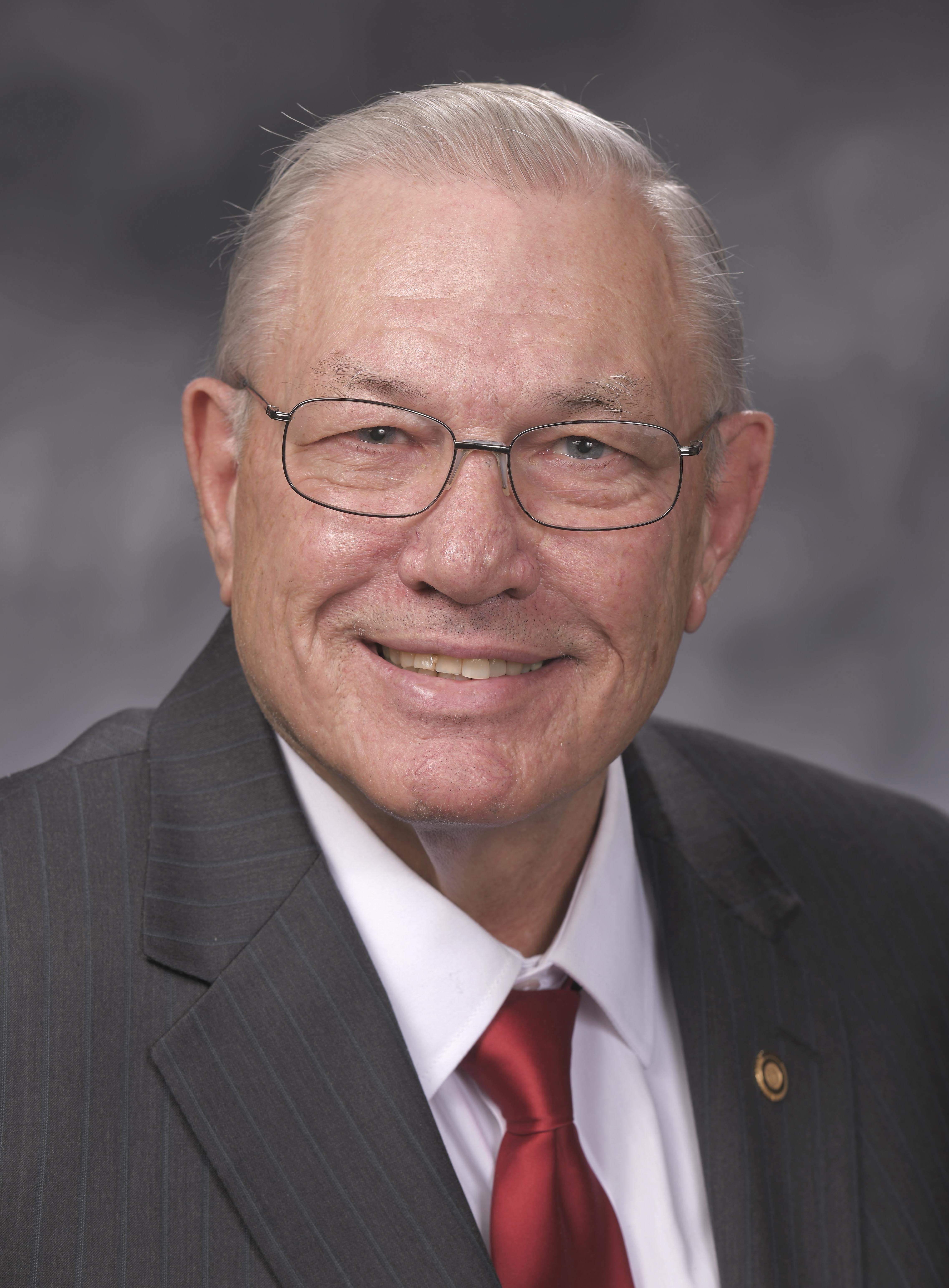JEFFERSON CITY, Mo. — A bill removing anonymity from lawsuits regarding freedom of religion challenges sparked tense debate during the perfection process.
Rep. Hardy Billington’s measure would require the real name of the party in interest, except a minor, to be named in civil actions involving the Establishment Clause of the First Amendment to the United States Constitution or Article I, Section 5 or 7 of the Missouri Constitution.
“House Bill 728 would guarantee that no individual or organization will be able to use state courts as a weapon to attack the right of Missouri citizens to display religious symbols in public spaces while hiding behind a cloak of secrecy,” Billington, pictured, told the Missouri Times.
Currently, an individual can file a lawsuit anonymously if they can prove a compelling reason and get approval from a judge.
The problem, according to the freshman lawmaker, groups, on behalf of an anonymous individual, are regularly suing or threatening to sue to remove religious symbols, like crosses, from public spaces or holiday displays.
Requiring the real name of the interested party is beneficial to all Missourians, according to Billington. He added that the public has a legitimate interest in knowing all the facts and events surround court proceedings and since the defendants are identified and the plaintiffs should be identified, as well.
“Cases involving the separation of church and state are significant and have the potential to set legal precedents for generations to come,” said Billington. “Those who use our taxpayer-funded court system should be accountable for their actions. Just like anyone else who seeks to seek changes in public policy, such as political donors, these plaintiffs should be identified.”
The measure was perfected in a voice vote by the Missouri House on Wednesday. It was during a lengthy debate, with significant pushback from Democrats that resulted in some tense moments.
 “What bothers me about your bill, is that you are saying never, ever, no matter what the circumstances are in the case, could a compelling interest be shown so that a judge could say, ‘yeah, that makes sense, you can file anonymously,’” said Rep. Gina Mitten. “I don’t think there is a problem with someone being able to show a judge that there is a compelling reason to maintain their anonymity.”
“What bothers me about your bill, is that you are saying never, ever, no matter what the circumstances are in the case, could a compelling interest be shown so that a judge could say, ‘yeah, that makes sense, you can file anonymously,’” said Rep. Gina Mitten. “I don’t think there is a problem with someone being able to show a judge that there is a compelling reason to maintain their anonymity.”
She pointed out that individuals can only file anonymously if they can prove a compelling interest to a judge and the bill takes that away for one specific type of lawsuit.
“Should I have to file a lawsuit in my name if my life has been threatened?” asked Mitten.
Rep. Greg Razer stepped up to give a scenario entwined with reality.
 The Democrat lawmaker grew up in the same region as Billington — Razer in Cooter and Billington in Popular Bluff. He noted that after telling his mother he was gay, she feared for his safety if he ever moved back to the area. He went on to say that there are several LGBTQ individuals and couples in Pemiscot County.
The Democrat lawmaker grew up in the same region as Billington — Razer in Cooter and Billington in Popular Bluff. He noted that after telling his mother he was gay, she feared for his safety if he ever moved back to the area. He went on to say that there are several LGBTQ individuals and couples in Pemiscot County.
“If they should feel their religious freedoms were being violated and had to come out publicly with their names. So, well respected as you are, they may be intimidated,” said Razer.
He went on to quote Billington and statements Billington has made about LGBTQ people in the past calling them ‘vial,’ ‘disgusting,’ and ‘perverts.’ Razer was point of ordered twice by Rep. Bruce DeGroot.
“I don’t believe the Gentleman from Butler would try to intimidate people, I don’t think he would try to cause harm to anyone…but there are people who listen to him and pay attention to him,” said Razer.
Sophomore Rep. David Gregory called Razer’s remarks “mudslinging.”
 “As a matter of fact, mudslinging is an actual brutal attempt at intimidation,” said Gregory. “But that is not why we are here. Let’s talk about the bill, let’s get back to the basics.”
“As a matter of fact, mudslinging is an actual brutal attempt at intimidation,” said Gregory. “But that is not why we are here. Let’s talk about the bill, let’s get back to the basics.”
He went on to note that the public has a right to know who is bringing a lawsuit and why. Gregory noted that when an individual uses the taxpayer-funded court system to accuse someone of something series, the public has a vested interest in knowing who is accusing whom and of what.
“When you file a lawsuit against my school, our school, our state agency, and you file a separation of church and state issue, it affects the entire state,” said Gregory. “Every single person has a right to know who is accusing this state and exactly what they are accusing this state agency of.”

Alisha Shurr was a reporter for The Missouri Times and The Missouri Times Magazine. She joined The Missouri Times in January 2018 after working as a copy editor for her hometown newspaper in Southern Oregon. Alisha is a graduate of Kansas State University.








